Germany’s Hydrogen Future and Industrial Decarbonization: Highlights from the Global Energy Transition Study Trip
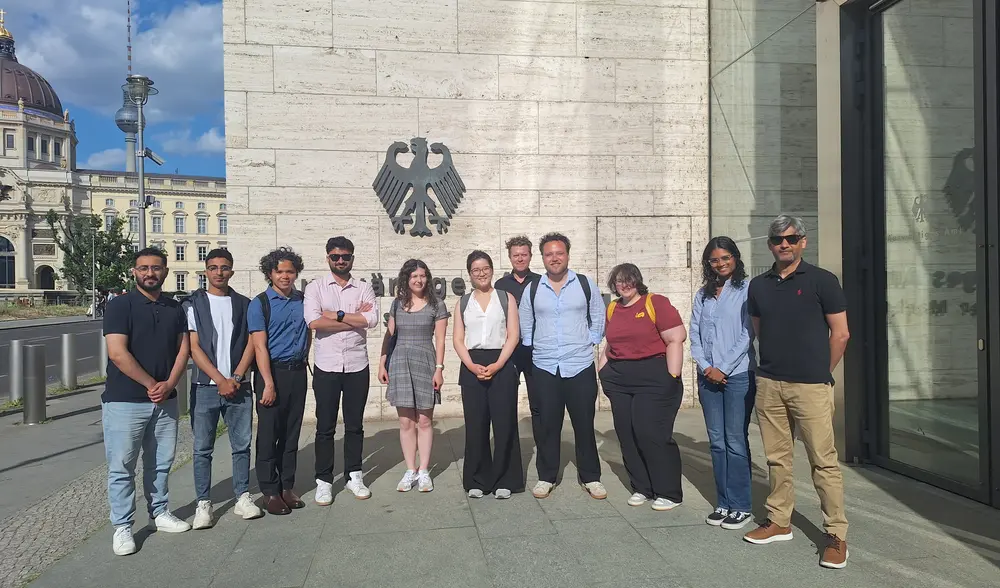
In late June, fourteen students from Professor Goldthau’s Global Energy Transition class embarked on a two-day study trip to Berlin to learn about Germany’s evolving energy landscape. The trip featured a visit to the Federal Foreign Office for a discussion on Germany’s hydrogen strategy and role in international energy diplomacy, a visit to Agora Industry (a leading think tank driving forward industrial decarbonization efforts across Europe and beyond), and a visit to the Federal Chancellery, as well as meet-ups with Berlin-based Brandt School alumni. We gained perspective on Germany’s climate ambitions, including the progress underway and the challenges that lie ahead.
The Federal Foreign Office: Hydrogen as a Pillar of German Climate Policy
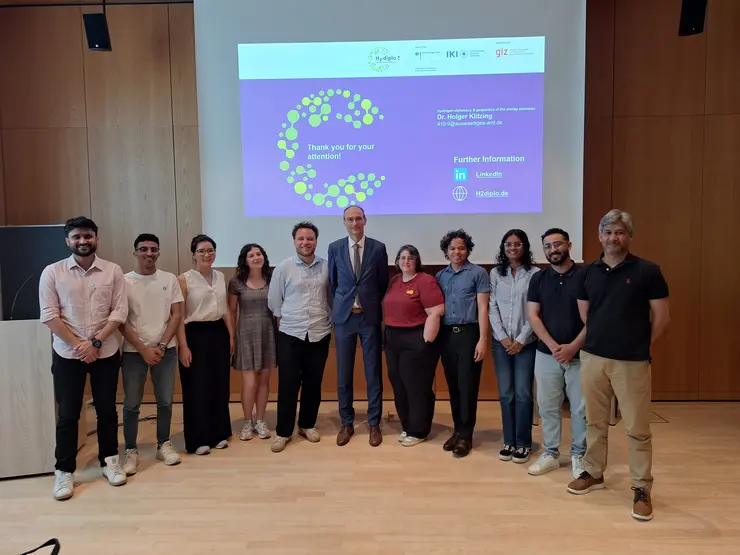
Our visit began with a session at the Federal Foreign Office, where we were welcomed by Dr. Holger Klitzing, the Head of the Hydrogen Diplomacy Division. He explained Germany’s hydrogen strategy and underscored hydrogen’s pivotal role in achieving carbon neutrality by 2045.
Hydrogen, particularly green hydrogen, which is produced through renewable energy sources, is a key enabler for decarbonizing hard-to-abate sectors such as steel, chemicals, and heavy transport. While Germany aims to install 10 GW of domestic electrolyzer capacity by 2030, it’s already obvious that imports will be essential to meeting future demand. Germany simply doesn’t have the space or renewable energy potential to produce all the hydrogen it needs. Although the long-term goal is green hydrogen, the government is also supporting blue hydrogen (made from natural gas and utilizing carbon capture) as a transitional solution.
We also learned about Germany’s emerging hydrogen infrastructure, including the development of a “core grid” that will connect production sites, ports, and industries. The grid will eventually link Germany to other countries like the Netherlands and France, and, through a ‘hydrogen corridor’, possibly even to suppliers in North Africa.
What set this session apart was the unique role of the Hydrogen Diplomacy team. Unlike technical agencies, the team doesn’t fund or run hydrogen projects. Instead, their job is to support international cooperation by connecting the right people and institutions. They help build trust between countries, facilitate political dialogue, and make sure the goals of German and partner institutions are aligned. As our host Dr. Klitzing put it, their team acts as a matchmaker working behind the scenes to make long-term partnerships possible, especially in countries where Germany sees strong potential for future hydrogen trade.
There was a lively Q&A after the presentation. Some of us asked whether supporting hydrogen production abroad could lead to German industries moving elsewhere. The speaker acknowledged this concern but argued that it's not so simple. If that were true, he argued, then German industries would have relocated to the East or the Middle East in the early 2000s for the cheap labor prices in those countries. He concluded on a hopeful note, saying that developing partnerships and supply chains abroad doesn’t necessarily mean losing industries at home.
Agora Industry: Decarbonizing from Berlin to Southeast Asia
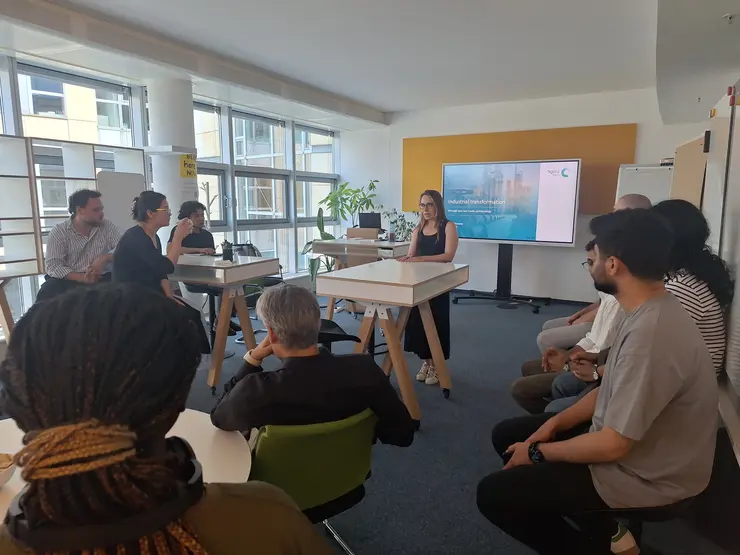
The next day, we were warmly welcomed at the headquarters of Agora Industry by Dr. Julia Metz, Director of Agora Industry, as well as Agora’s experts, who are playing a central role in shaping industrial decarbonization policies across Europe and beyond. With the Berliner Dom and the Spree as our backdrop, we dove into a packed agenda.
The morning sessions explored the EU’s strategy for decarbonizing energy-intensive industries, focusing on mechanisms like the Carbon Border Adjustment Mechanism (CBAM). Following an introduction by Giovanni Sgaravatti, EU Industrial Transformation Analyst at Agora Industry, discussions around the financing aspect of the Clean Industrial Deal led to an engaging exchange on the InvestEU regulation as well as on proposals for an industrial decarbonization bank.
The sessions were not only enriching in terms of the subject matter, but also the interactive opportunities provided to us. We asked questions, participated in quizzes, and had a group activity that involved negotiating a win-win trade partnership based on Clean Trade and Investment Partnerships, facilitated by Dr. Karina Marzano, Project Lead Industrial Transformation Brazil and Brandt School alumna. The activity helped us understand the challenges that developing and developed countries face in the green transition and the potential ways to overcome them.
After a successful networking lunch on a sunny Berlin afternoon, a briefing from Ranisha Basnet, Project Lead at the International Network of Energy Transition Think Tanks (INETTT), turned our attention to the global implications of CBAM, particularly for exporting countries. The final session of the day, led by Kajol, Project Manager Climate Neutral Industry Southeast Asia at Agora Industry, looked eastward, examining industrial transformation efforts in Southeast Asia with a special focus on the steel sector. Throughout, one message rang clear: international collaboration is essential to deal with the technological, financial, and policy-related challenges in achieving climate-neutral industrial transformation.
Inside the Chancellery
Our final day also included a visit to the Federal Chancellery, arranged by a Brandt School alumnus now working in the office. The visit offered valuable insights into the history and the symbolic architecture of the Chancellery, designed to reflect transparency and openness. We also learned about plans for a new building, construction of which was already underway behind the Chancellery.
From Study Trip to Policy Action
This study trip showed us the real-world complexity and cooperation required to drive the global energy transition forward.
Beyond the formal agenda, we also had the chance to meet Brandt School alumni now living and working in Berlin over cold beverages. It was encouraging to see so many former students contributing to solutions to some of the world’s biggest challenges, and a reminder that we, too, will soon have the chance to step into roles where we can drive forward an equitable energy transition.
About the Authors
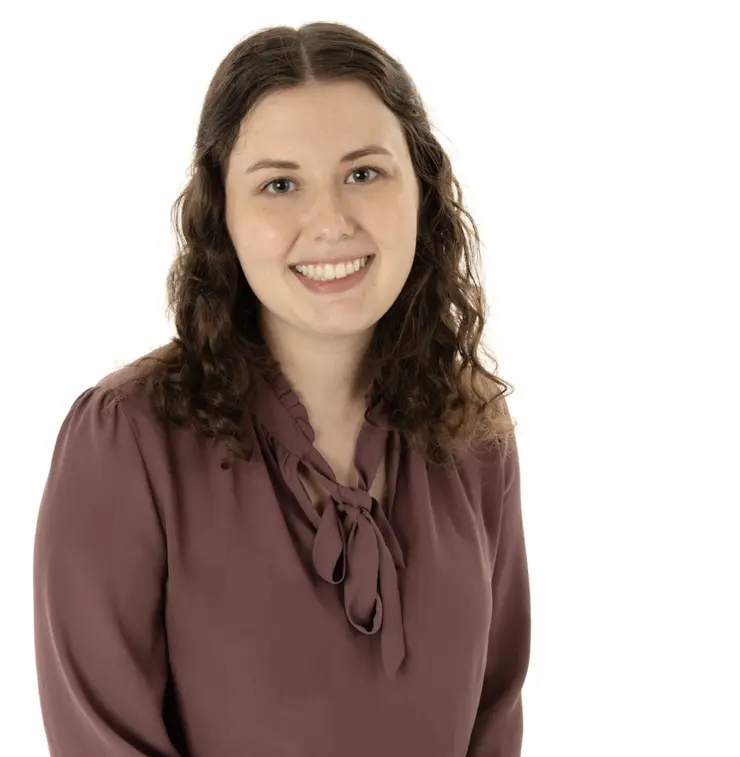
Jenna Fabris is an MPP student at the Willy Brandt School of Public Policy. She is an experienced community organizer and communications strategist. She has developed digital advocacy campaigns for government agencies and NGOs across a range of issues, including environmental conservation, reproductive rights, and youth justice. She received her Bachelor of Arts in Politics from Occidental College in Los Angeles.
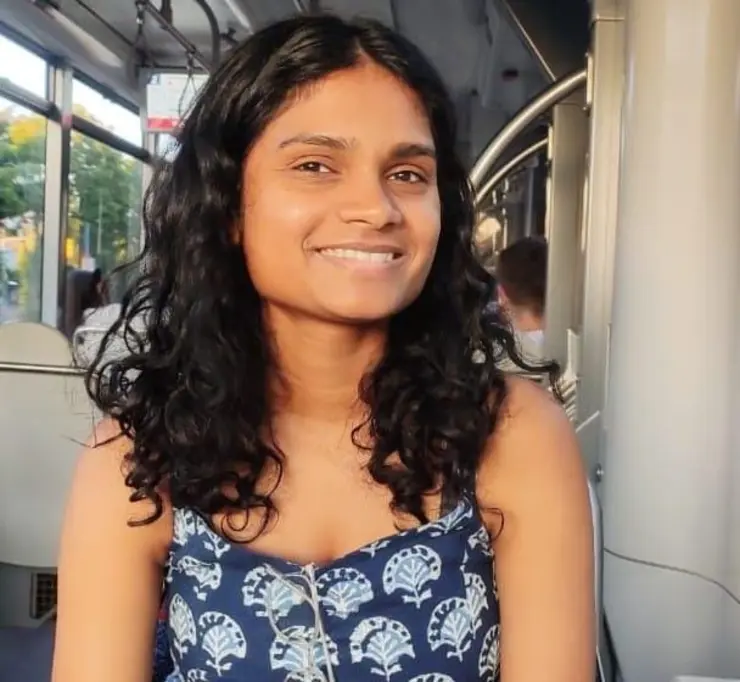
Aboli Ghodekar is an MPP student at the Willy Brandt School of Public Policy. She completed her Bachelor of Arts with a specialization in Economics. Her academic interests lie in the field of sustainable and equitable development, particularly energy justice. She has previously worked at the Consulate General of the Federal Republic of Germany, Mumbai. She is currently volunteering at the Zentrum für Integration und Migration, Erfurt and enjoys teaching German to the kids there.
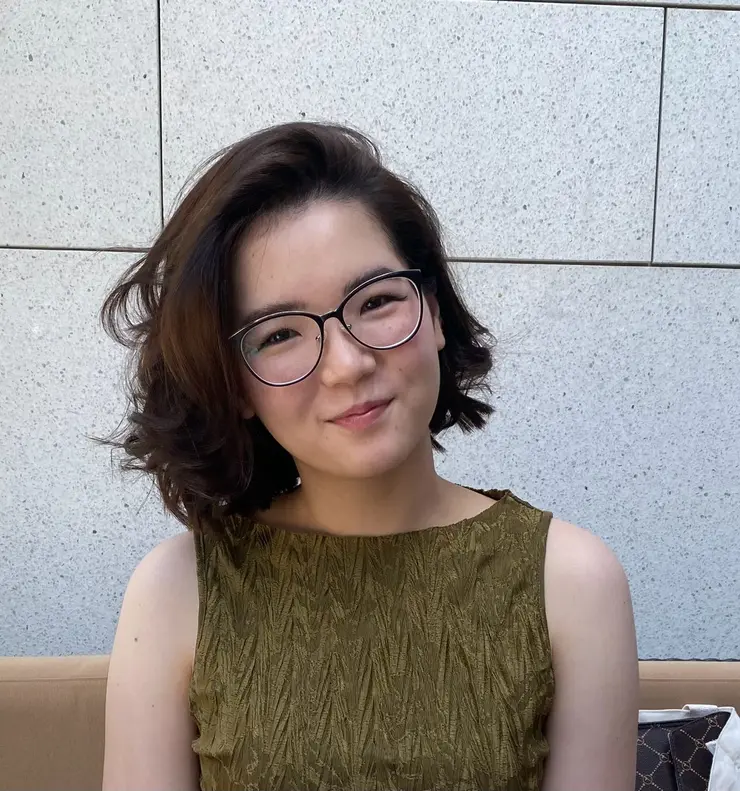
Aygul Djumanazarova is an MPP student at the Willy Brandt School of Public Policy. She is a public policy and market research specialist with over four years of experience in government and consulting. Her background is in strategic planning, stakeholder coordination, and data analysis, particularly in agri-food systems and social protection.
~ The views represented in this blog post do not necessarily represent those of the Brandt School. ~